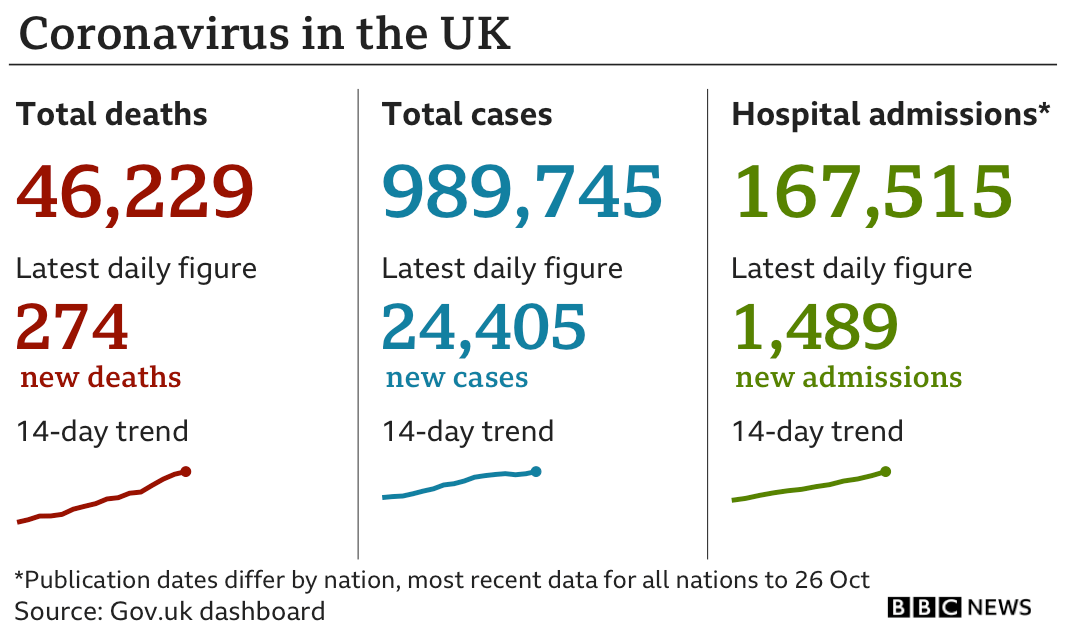If herd immunity doesn't work then a vaccine won't work.There is no definitive answer. How could there be given the virus has only been known to us for 9 months? There have certainly been people who have been infected twice and I’d be interested (and very very happy) to have the links to the science which is able to definitively state that we can reach herd immunity by letting the virus run.
It seems strange the story isn’t being trumpeted loudly by the serious media.
You can accept the fact that every credible and relevant person/body/company is working towards a vaccine as fair certainty that herd immunity works, because they're the same thing administered via a different method.

